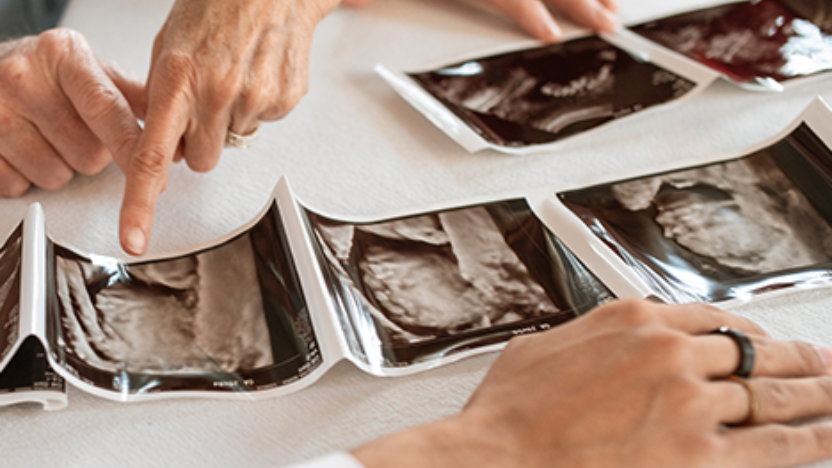
Maternity
Poor maternity care ‘all too frequently tolerated as normal’
Following evidence from more than 1,300 women about their experiences of maternity care, the Birth Trauma Inquiry has highlighted a number of areas in which change must be made to protect mothers and babies in maternity units across the UK.
A maternity commissioner must be appointed to lead the overhaul of standards in UK maternity care, a landmark report has recommended, after finding that poor standards are “all too frequently tolerated as normal”.
The Birth Trauma Inquiry has highlighted a number of areas in which change must be made to protect mothers and babies in maternity units across the UK, following evidence from more than 1,300 women about their experiences of maternity care.
The report, from the APPG on Birth Trauma, found that women said they were not listened to by maternity staff when they felt something was wrong, and they and their babies suffered life-changing injuries as a result of poor care, with mistakes being covered up by hospitals.
Among the 12 recommendations are the appointment of a maternity commissioner who would report directly to the Prime Minister, and the need to ensure safe levels of staffing in maternity units nationwide through recruitment, retention and training.
The report also highlights the need for a “base standard in maternity services” to end the current postcode lottery in maternity care, and says mothers should be given “universal access to specialist maternal mental health services”. Support for fathers, and ensuring a birth partner is continuously updated during labour and after delivery, is also recommended.
Co-chairs of the report, Theo Clarke MP and Rosie Duffield MP, said they hoped the Inquiry would start a public discussion “on the realities of giving birth and how we can practically improve maternity services”.
Katie Fowler lost her daughter, Abigail Fowler Miller, at only two days old in January 2022, after the Maternity Assessment Unit at the Royal Sussex County Hospital wrongly assured her over the telephone that it was fine for her to stay at home after she went into labour.
Following four calls to the unit, Katie and husband Robert Miller went by taxi to the Royal Sussex, and Katie went into cardiac arrest on the journey. She gave birth to Abigail by emergency caesarean in a hospital waiting room and required life-saving emergency surgery.
An inquest into Abigail’s death found that if Katie had been given better care by the maternity team, Abigail would have survived for “significantly longer”.
Katie hailed the importance of the report, but reiterated calls for a national inquiry into maternity standards.
“The Birth Trauma Inquiry report is so important because it highlights that poor maternity care, and with it devastating consequences for mothers and families, is widespread across England, rather than just a few shocking cases or badly performing Trusts,” she says.
“The themes of mums not being listened to and of hospitals not being willing to recognise mistakes are familiar to me and I don't believe it is simply a case of hiring more midwives to solve these systemic issues. Better mental health care for those that have suffered birth trauma is paramount, but our aim should be to stop trauma occurring in the first place.
“In my view, we need a national inquiry to explore the culture of maternity services and to make recommendations for changes to teaching, systems and national guidelines that will truly make a difference to women's birthing experiences.”
Nisha Sharma, a clinical negligence specialist at Slater and Gordon, who acts for several clients who have experienced poor standards of maternity care – including Katie – says change is long overdue.
“Too often, we are meeting mothers and whole families whose lives have been ripped apart by poor standards of care from maternity units across the UK, and the devastating reality is highlighted by this report, which says sub-standard care is all too frequently treated as normal,” says Nisha.
“We cannot stand back and watch more families suffering devastating injury and loss and not do anything about it – I very much hope this report is a catalyst for the action we need, to confront the problems we know exist. What is in here is not new, but we hope by shining a very public spotlight on this, we cannot escape this reality any longer.
“We echo Katie’s calls, and those of many other bereaved parents, for a national inquiry into maternity standards – we need the very public scrutiny an inquiry of that kind would bring, so we can truly understand the scale of this problem and begin to make the wholesale change that is needed.”